Veterinaries Pet Care | Expert Veterinary Services for Happy, Healthy Pets
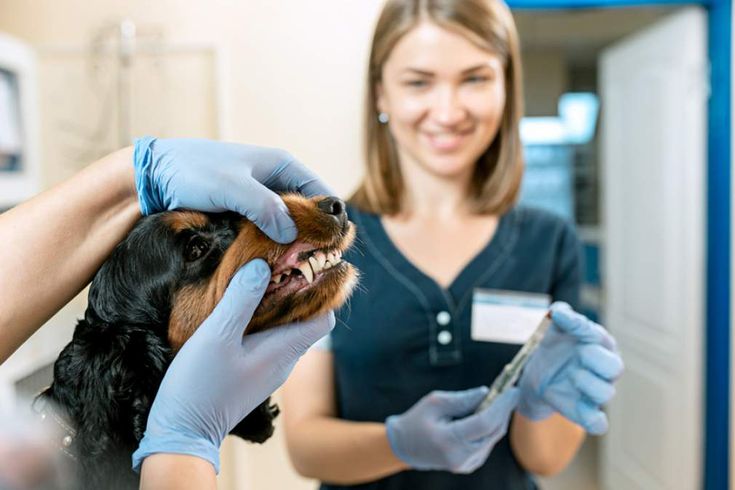
If you’ve ever felt unsure about how to keep your pet healthy beyond love and treats, you’re not alone. Internet overflows with pet care advice—some helpful, some not so much. What truly matters, though, is vet-backed guidance. That’s what Veterinaries Pet Care is all about. It’s about ensuring your dog, cat, or small animal gets the professional-level care they deserve, from preventative measures to emergency readiness.
It doesn’t matter whether you’re a first-time pet parent or a seasoned animal lover, this comprehensive guide will help you confidently navigate every stage of your pet’s health journey—with tips grounded in real veterinary science.
Exactly what is included in Veterinaries Pet Care?
The practice of Veterinaries Pet Care goes beyond treating illness—it encompasses a full-spectrum approach to prevention, early detection, and continuous well-being, all grounded in veterinary expertise.
Core components:
-
Vaccinations and preventive care
-
Routine veterinary exams
-
Dental care and hygiene
-
The control of parasites
-
Nutrition and weight management
-
Behavioral guidance
-
Pet care and mobility assistance for seniors
-
Getting ready for emergencies
Each of these elements increases your pet’s quality of life and lifespan. When they all are integrated into your routine, you’re not just reacting to problems—you’re actively preventing them.
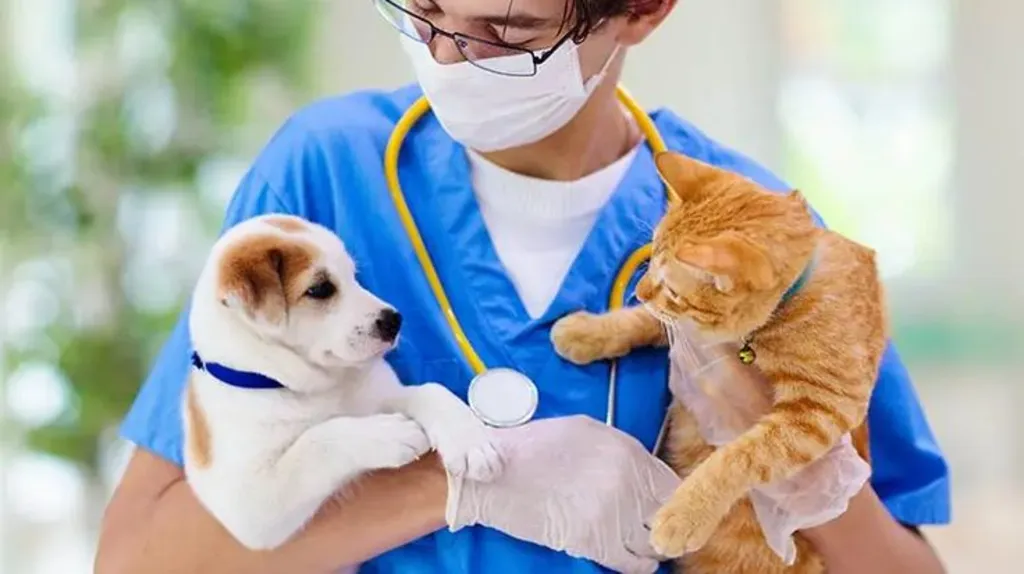
Vaccine Preventative Care Is Non-Negotiable
Many pet illnesses, from heartworm to dental disease, are preventable. Yet thousands of pets suffer needlessly each year because preventative care isn’t prioritized.
What preventive care looks like:
-
Annual wellness exams to assess overall health
-
Timely vaccinations (rabies, distemper, parvo, etc.).
-
Parasite screening and monthly treatments
-
Early blood work to detect underlying issues
-
Nutritional evaluations to adjust feeding plans
Preventive Tip: Keeping up with your pet’s annual vet visits is the most effective way to catch health concerns before they escalate.
Nutrition: Feeding for Longevity and Vitality
Proper diet is the foundation of Veterinaries Pet Care. Your vet isn’t just there to treat illness—they can help you tailor a nutrition plan based on your pet’s:
-
Age and life stage
-
Breed-specific needs
-
Activity level
-
Allergies or sensitivities
-
Existing health conditions (e.g., kidney disease, obesity).
Veterinaries Nutrition Do’s and Don’ts
Do:
-
Make sure you choose brands that are recommended by your vet (Hills, Royal Canin, Purina Pro Plan).
-
Based on the weight and age of the child, follow the feeding guidelines
-
Provides omega-3 fatty acids to promote healthy skin and joints
Don’t:
-
Feed a grain-free diet without medical reason
-
Share table scraps high in fat or salt
-
Change diet abruptly (causes GI upset)
🐾 Visual suggestion: A comparison chart showing “Balanced Diet vs. Improper Diet” for dogs and cats.
Parasite Prevention: A Year-Round Necessity
Parasites are sneaky. Fleas, ticks, and heartworms don’t take winter off, nor should you. Veterinaries Pet Care protects against internal and external pests.
Monthly Parasite Control Checklist:
-
Fleas/Ticks: Topical or oral preventives
-
Heartworm: Monthly chewable or injections (for dogs).
-
Intestinal Worms: Regular deworming and fecal exams
Action Tip: To stay consistent, sync monthly reminders to your calendar or pet care app.
Dental Care: Don’t overlook the mouth
Over 80% of dogs and 70% of cats will show signs of dental disease by age 3. Dental health is often ignored until it’s too late.
Signs of Dental Trouble:
-
Breathing problems
-
Mouth drooling or pawing
-
Tartar that is yellow or brown in color
-
Eating difficulty
At-home dental routine:
-
Make sure your pet’s teeth are brushed with toothpaste approved by a veterinarian
-
Offer dental chews and safe chew toys
-
Dental cleanings under anesthesia should be scheduled annually
🦷 Visual suggestion: Diagram of pet teeth showing stages of periodontal disease
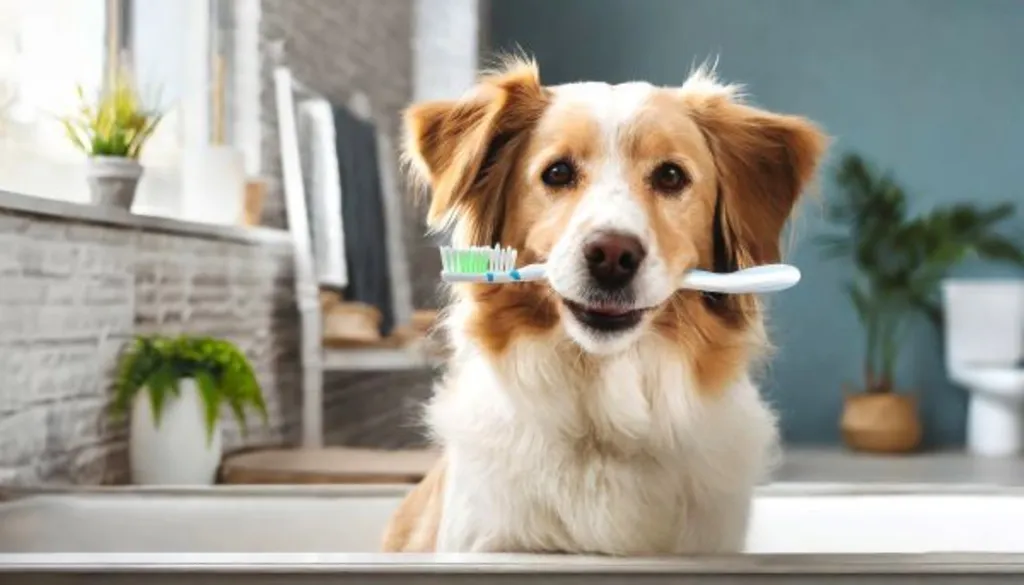
Understanding Behavior from a Veterinaries Perspective
Not all behavior issues are “naughty habits.” Many are early indicators of physical discomfort, cognitive decline, or stress.
Veterinaries-Linked Behavioral Red Flags:
-
Anxiety or aggression that arises suddenly
-
The overgrooming of the hair or the presence of bald spots
-
Litter box or potty accidents
-
There may be a night howl (especially among the elderly) or confusion at night
Consult a vet rules out pain, neurological issues, or anxiety before considering training or medication.
Veterinaries Pet Care for Puppies and Kittens
Early care sets the tone for lifelong health. Puppies and kittens need more frequent vet visits in their first year, including:
-
Vaccinations (6–16 weeks)
-
Spaying or neutering
-
Microchipping
-
Socialization and behavioral training
-
Nutrition for growth
Bonus Tip: Keep all vaccination and vet visit records in a folder or digital app for easy access.
Caring for Senior Pets with Compassion and Strategy
Older pets need extra love and tailored veterinary care to stay comfortable and mobile.
Senior Pet Wellness Plan:
-
Bi-annual check-ups
-
Arthritis screenings and supplements
-
Weight management
-
Heart, liver, and kidney screenings
-
Environmental changes (ramps, orthopedic beds).
🐕 Visual suggestion: Side-by-side images of a senior dog with and without arthritis-friendly adjustments.
Emergency Care: Know the Signs, Act Fast
Don’t wait and see—when something feels wrong, act. Emergency pet medical care saves lives.
Emergency signs to never ignore:
-
Vomiting or diarrhea lasting more than 24 hours
-
Collapse or disorientation
-
Seizures
-
Difficulty breathing
-
Bloated stomach (esp. in large dogs).
Finding the Right Veterinarian for Your Pet
The relationship between you, your pet, and your vet should be a partnership built on trust.
Qualities of a Good Vet:
-
Listens attentively and explains clearly
-
Offers support with wellness plans and follow-ups
-
Invest in continuing education
-
Provide emergency resources
-
Respecting your budget while offering quality care
Seasonal Tips for Veterinaries Pet Care
There is a difference between how pets experience the seasons and how humans do. Regardless of the season, each time of year brings new risks and opportunities.
Spring/Summer:
-
Use flea/tick preventives
-
Avoid hot asphalt and mid-day walks
-
Provide shade and water hydration
Fall/Winter:
-
Protect your paws from salt and ice
-
Avoid antifreeze exposure
-
Keep your older pets warm and mobile
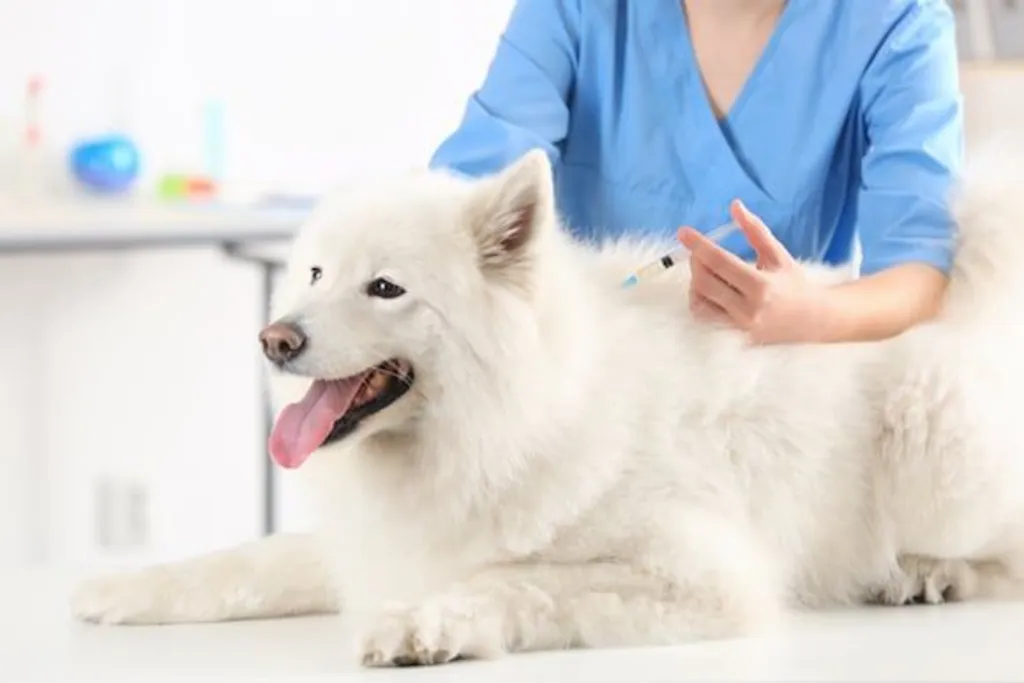
Proactive Pet Care Checklist
Here’s a simple monthly checklist to keep your Veterinaries Pet Care game strong:
✅ Wellness exam scheduled
✅ Monthly parasite prevention is given.
✅ Teeth brushing at least twice weekly
✅ Food and water bowls cleaned
✅ Pets were weighed and recorded
✅ Any new behaviors are noted
You can download this checklist as a fridge magnet or printable from your vet’s office—or make your own version!
Conclusion:
Caring for your pet isn’t guesswork—it’s a blend of science, compassion, and consistent attention. Veterinaries Pet Care gives you the knowledge and tools to make proactive, informed decisions that support your pet’s health at every stage of life. Whether you’re raising a playful puppy, managing a senior cat’s arthritis, or just trying to choose the best food, your veterinarian is your most reliable partner.
Routine vet visits are more than just checkups—they’re opportunities to detect problems early, adjust care plans, and get tailored advice based on your pet’s breed, age, and lifestyle. From vaccinations and parasite prevention to nutrition and behavior, Veterinaries Pet Care is about seeing the full picture, not just reacting when something goes wrong.
No two pets are the same, and a one-size-fits-all approach doesn’t work. That’s why ongoing communication with your vet is so important. When you’re unsure, always ask your vet. A small concern today could prevent a major health issue tomorrow.
Your furry friend depends on you not just for love and affection—but for smart, compassionate health choices. With Veterinaries Pet Care, you’re not just keeping your pet alive—you’re helping them thrive.
FAQs
Q1: How often should my pet visit the vet?
Healthy adult pets should see a vet annually. Puppies, kittens, and senior pets may need visits every 6 months.
Q2: Are vet visits expensive?
They can be, but preventive care often reduces long-term costs. Pet insurance and wellness plans help manage expenses.
Q3: How can I tell if my pet is in pain?
Subtle signs include limping, hiding, decreased appetite, or behavioral changes. Always consult your vet for confirmation.
Q4: Should I vaccinate indoor cats or small dogs?
Yes—many diseases are airborne or transmissible through contact. Indoor pets still need core vaccinations.
Q5: Can I use human medications on pets?
No—many human drugs (like ibuprofen or Tylenol) are toxic to pets. Always consult your veterinarian first.



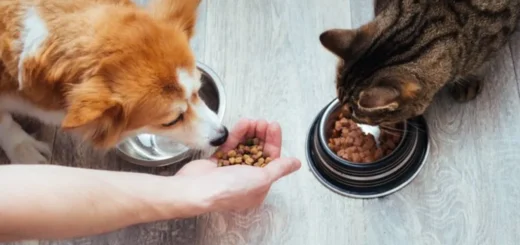













Recent Comments